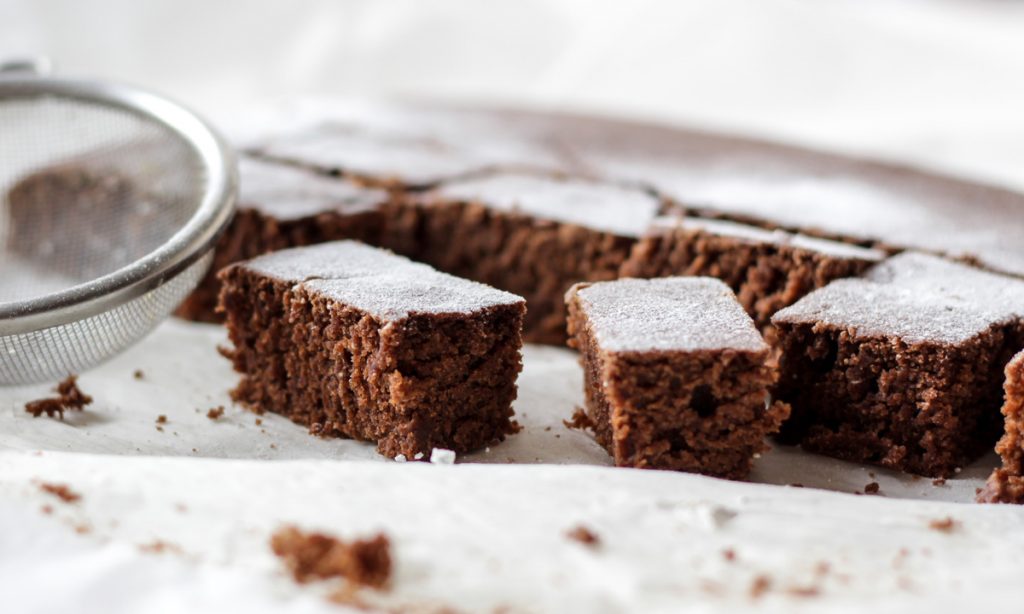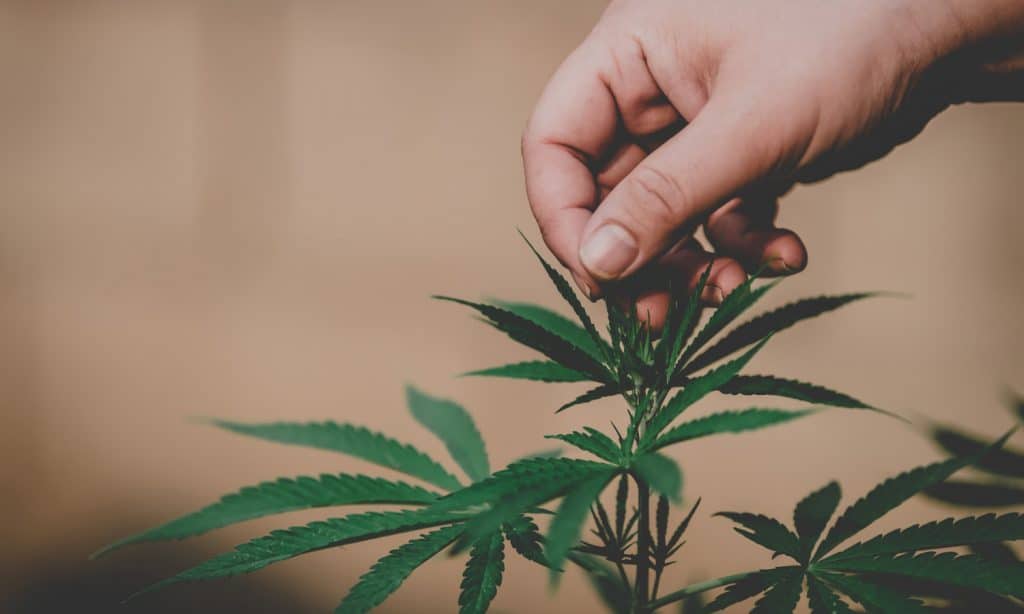Cannabis may not be the answer to all of life’s problems, but the drug is generating so much tax revenue in Massachusetts that it is making a case for itself.
The state has collected a staggering US$122 million in the first two fiscal years of legal recreational cannabis, according to the Boston Business Journal, with the vast majority of those badly needed funds — US$53.8-million — going to the state’s Division of Alcoholism Administration.
“This tax revenue milestone is a big moment for the Massachusetts cannabis business community because it shows not only the great demand for safe, regulated cannabis, but also affirms the meaningful value this industry brings to cities and towns every single day,” said David Torrisi, president of the Commonwealth Dispensary Association, according to High Times.
“We know the hardship that COVID-19 has imposed on local and state budgets, and we are proud to help provide steady revenue streams that can hopefully reduce the need for difficult choices and maintain services. Although this nascent industry is still being built up and representation continues to be a work in progress, we’re extremely encouraged that its benefit to Massachusetts has been immediate and can support the Commonwealth in this time of need.”
Massachusetts adds a 20 per cent tax on all recreational cannabis sales, including an excise tax (10.75 per cent), a sales tax (6.25 per cent) and a local option tax for municipalities (three per cent). The proceeds from the excise tax (which has climbed to US$113 million in two years) are directed to the Marijuana Regulation Fund, but state law allows Massachusetts to divert the funds to behavioural health, public safety and police training. The Cannabis Control Commission received US$20.7 million of the tax pot.

Copyright
© 420 Intel






